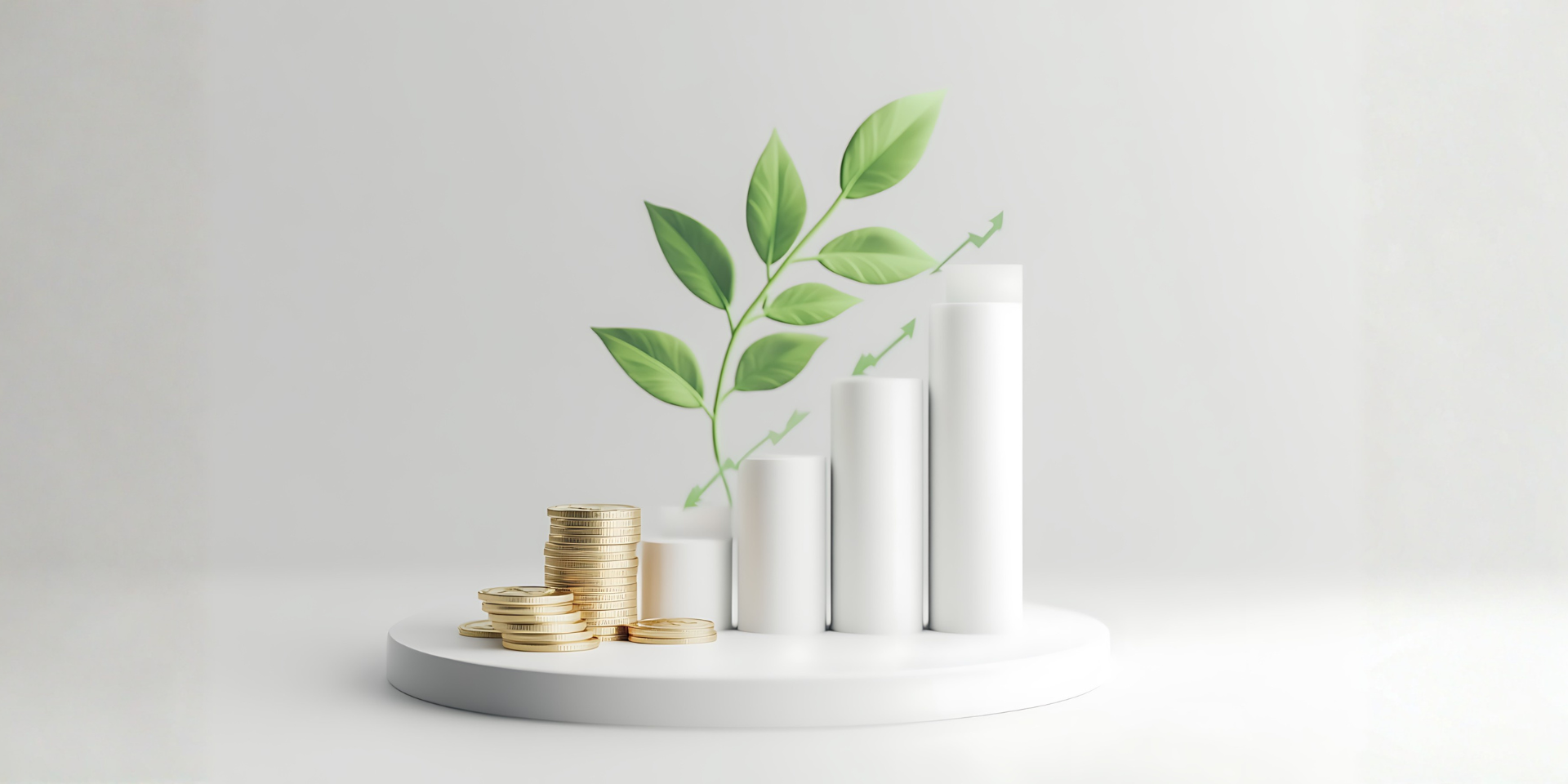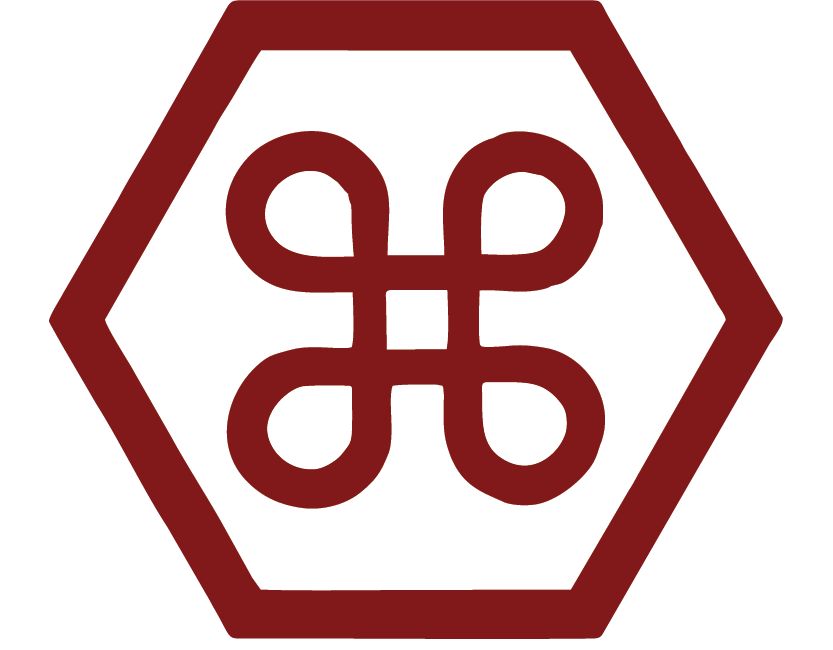Beyond Survival: Building a Burnout-Proof Business in South Africa's High-Pressure Economy
In my 20+ years working with entrepreneurs across South Africa, I've witnessed a concerning pattern. We glorify the hustle, celebrate the 18-hour workdays, and wear exhaustion like a badge of honour. Yet beneath this culture of relentless drive lies a troubling reality: burnout isn't just threatening our wellbeing, it's undermining the very businesses we're sacrificing ourselves to build.
When I mentored Thabo, a promising fintech founder in Cape Town, he boasted about sleeping only four hours a night while building his startup. Six months later, his business was still standing, but he wasn't. Hospitalised with exhaustion, he watched helplessly as competitors seized opportunities his team was too depleted to pursue.
This isn't just Thabo's story; it's playing out across South Africa's entrepreneurial landscape. But it doesn't have to be yours.
The Silent Business Killer
Let's be brutally honest. Burnout isn't merely a personal challenge; it's a business liability that costs South African companies approximately R40 billion annually through reduced productivity, increased errors, and talent exodus (PwC South Africa, 2024). In our unique economic climate, where businesses already navigate currency volatility, infrastructure challenges, and intense global competition, can you afford this additional drain?
The research paints a stark picture: 46% of South African professionals reported burnout symptoms in 2023, exceeding the global average of 40% (Deloitte South Africa, 2023). More alarmingly, your management team, those very people steering your company's success, are 27% more likely to suffer burnout than individual contributors.
When your leaders burn out, the ripple effects are devastating. Strategic thinking deteriorates and innovation stalls. Client relationships suffer. Your carefully cultivated company culture begins to fracture.
The Weekly Pulse Check: Your Business's Early Warning System
What impressed me about the approach outlined by workplace expert Marcel Schwantes is its elegant simplicity. While we often overcomplicate burnout prevention with expensive wellness programmes that few utilise, the most effective solution may be remarkably straightforward: the 15-minute weekly check-in.
Here's how I've helped South African businesses implement this practice:
1. Schedule non-negotiable 15-minute one-on-ones between team leaders and their direct reports.
Make these sacred, not to be cancelled for "more important" matters. In our high-context culture, these personal connections are crucial.
2. Ask three critical questions:
- What accomplishments are you proud of this week?
- What challenges are you facing?
- How are you feeling about your work and wellbeing?
3. Listen more than you speak.
In our solutions-oriented business culture, the emphasis is on finding quick fixes. Instead, create space for authentic sharing. When Johannesburg-based marketing agency Bright Spark implemented this approach, they discovered multiple team members were struggling with the same technical challenges. This revelation led to targeted training rather than individual frustration.
4. Track responses over time.
When Sipho, a typically enthusiastic product manager at a Durban tech firm, answered the well-being question with "fine" three weeks running (after previously sharing detailed responses), his manager recognised this uncharacteristic brevity as a warning sign. This prompted a deeper conversation that revealed mounting pressure and prevented a valuable team member from reaching the breaking point.
While this system appears almost too simple, beneath the surface lies a framework that enables remarkable functionality, consistency and genuine attention. These brief touchpoints create an early warning system that catches burnout before it cascades through your organisation.
The Recharge Revolution: Why South African Businesses Need It Most
Perhaps the most revolutionary concept from Schwantes's approach is the "Recharge Day", a meeting-free day each month. This enables Individuals to recharge their batteries, improve work-life balance and potentially increase productivity and creativity.
When I suggested this to Nandi, who runs a growing professional services firm in Pretoria, she baulked: "In this economy? With our client demands? Impossible."
Six months after implementing monthly Recharge Days, her team's billable hours had increased by 12%, client satisfaction scores improved, and staff turnover dropped to zero. How? People returned from these days with a new focus, creative solutions, and the exhaustion that leads to errors requiring rework was averted.
For South African businesses, particularly operating in our uniquely demanding environment across multiple international time zones, the Recharge Day isn't a luxury; it's a competitive necessity. When your team constantly operates in reactive mode, strategic thinking suffers. Innovation, the very thing that might help you leapfrog competitors, becomes impossible.
Making It Work in the South African Context
Implementing these burnout-proofing strategies requires adaptation to our unique business environment:
For the Weekly Check-in:
- Schedule these respecting our diverse cultural contexts, where direct feedback may sometimes be challenging. Create psychological safety first.
- Consider load-shedding and connectivity challenges when planning virtual check-ins. Have backup protocols.
- Adapt questions to acknowledge external stressors unique to our market, such as "How are the current economic conditions affecting your work capacity?"
For the Recharge Day:
- Implement gradually if necessary, perhaps starting with a half-day monthly.
- Coordinate carefully across teams to maintain client responsiveness while ensuring everyone gets their recharge time.
- Clearly communicate to clients how this practice ultimately benefits them through higher-quality deliverables and more innovative solutions.
The Leadership Paradox: Slowing Down to Speed Up
What I've observed repeatedly is a counterintuitive truth: the businesses that deliberately pause are ultimately those that move fastest.
Consider Kagiso's experience leading a manufacturing business in the Eastern Cape. When orders surged, his instinct was to push harder, longer shifts, weekend work, and constant pressure. The result? Quality suffered. Deadlines were missed despite the additional hours. Team members began resigning.
After implementing both weekly check-ins and monthly recharge periods, something remarkable happened. Not only did morale improve, but productivity increased by 23% over six months. Orders were fulfilled faster despite fewer working hours.
This phenomenon isn't mysterious; it's neuroscience. Research clearly shows that cognitive function deteriorates under chronic stress. Strategic thinking, creative problem-solving, and even basic decision-making all suffer when we operate without sufficient recovery periods.
In South Africa's uniquely challenging business landscape, where adaptability and innovation aren't just advantages but survival requirements, protecting your team's cognitive capacity isn't merely compassionate; it's strategically essential.
Measuring What Matters
If you're implementing these burnout-prevention practices, how do you know they're working? Beyond the obvious metrics of reduced absenteeism and turnover, consider tracking:
- Decision quality: Are your leaders making better strategic choices?
- Innovation metrics: Has the number of new ideas implemented increased?
- Meeting efficiency: Are you accomplishing more in less time?
- Error rates: Have costly mistakes decreased?
- Client satisfaction: Are your refreshed teams delivering superior service?
A Johannesburg financial services firm, implementing these practices, reported a 31% increase in client retention after six months, a metric that directly impacts their bottom line far more than the "cost" of monthly recharge days.
Your Next Steps
Building a burnout-proof business isn't merely about preventing a negative; it's about creating the conditions for extraordinary performance. Here's your action plan:
1. Implement the 15-minute weekly check-ins this month. Start with one team if necessary, then expand.
2. Schedule a Recharge Day (or half-day) on your company calendar within the next 30 days.
3. Measure results rigorously; what gets measured gets managed.
4. Share this article with your leadership team and discuss how these practices might be customised for your specific business context.
Key Takeaways
Burnout isn't just a personal health issue but a significant business liability costing South African companies approximately R40 billion annually.
• Simple, consistent 15-minute weekly check-ins provide an early warning system for detecting burnout before it damages your business.
• Monthly "Recharge Days" free from meetings paradoxically increase productivity, innovation, and quality by ensuring cognitive recovery.
• South African businesses face unique challenges that make burnout prevention not just compassionate but strategically essential.
• Implementing these practices typically yields measurable improvements in productivity, error rates, and client satisfaction within 3-6 months.
References
1. [How to Build a Burnout-Proof Business Your Leaders and Managers Will Love](https://www.inc.com/marcel-schwantes/how-to-build-a-burnout-proof-business-your-leaders-and-managers-will-love/91184439) (Original article)
2. [Deloitte South Africa Workplace Wellbeing Survey 2023](https://www2.deloitte.com/za/en/pages/human-capital/articles/workplace-wellbeing.html)
3. [PwC South Africa: The Economic Cost of Workplace Mental Health Challenges 2024](https://www.pwc.co.za/en/publications/economic-impact-of-workplace-mental-health.html)
4. [McKinsey South Africa Workplace Report 2023](https://www.mckinsey.com/za/our-insights/the-future-of-work-in-south-africa)


